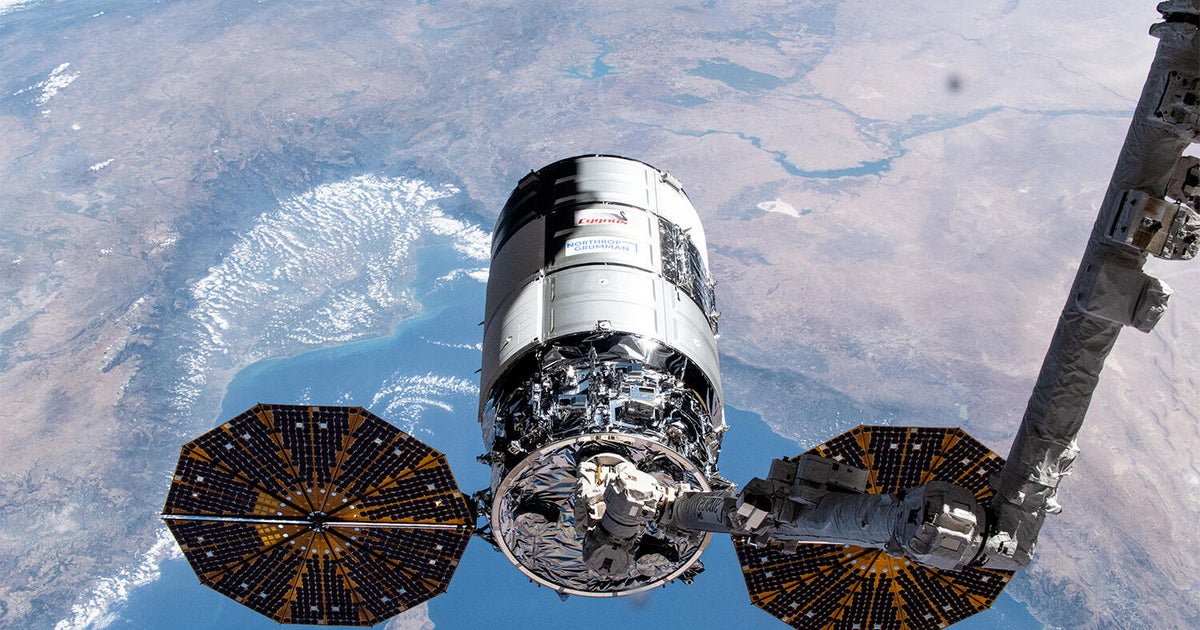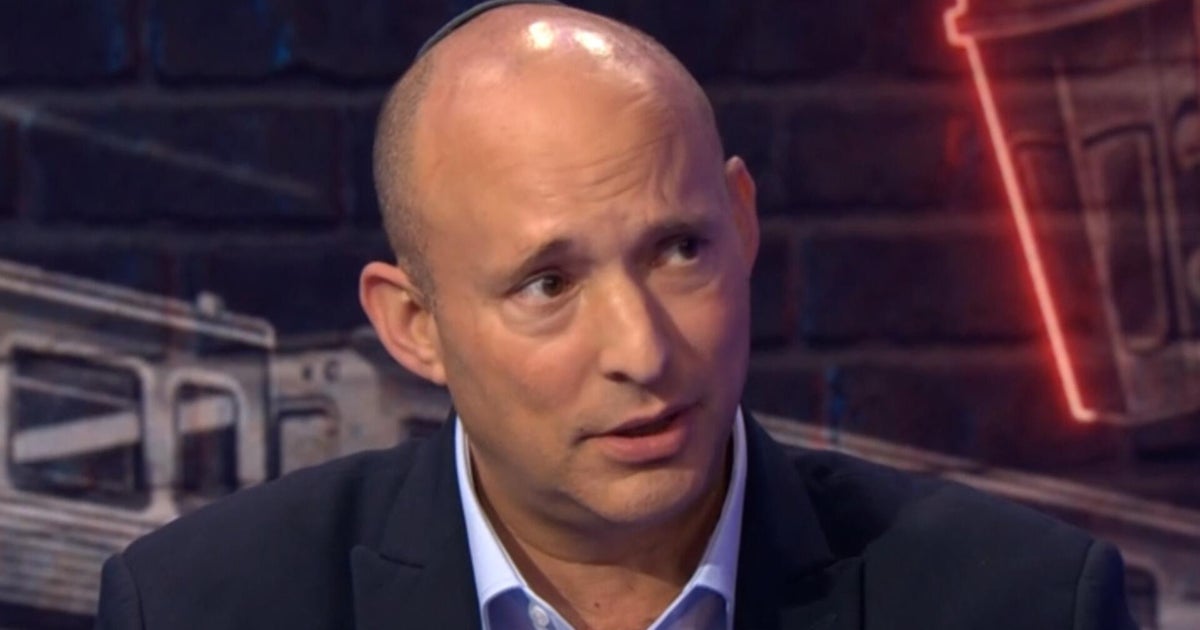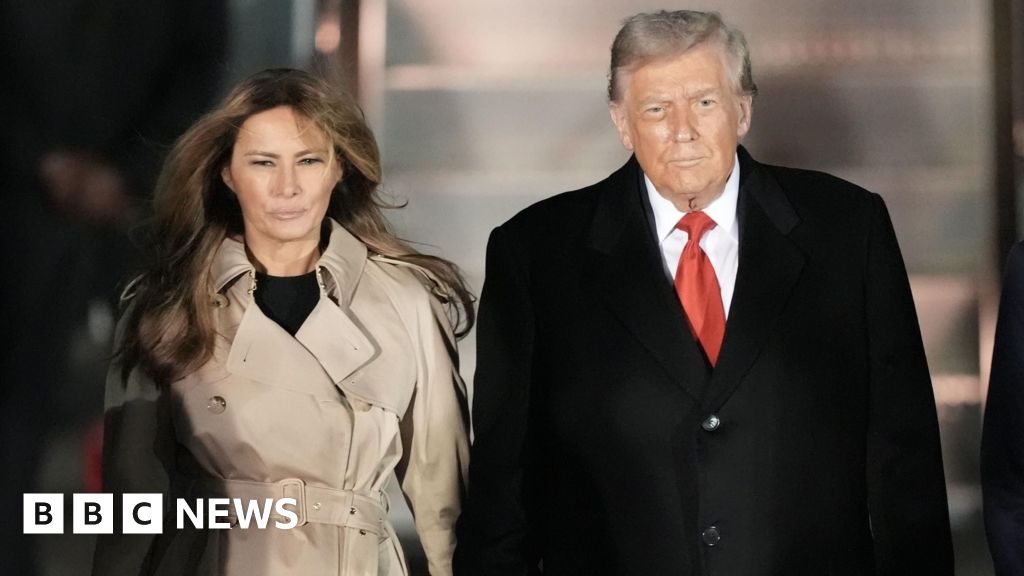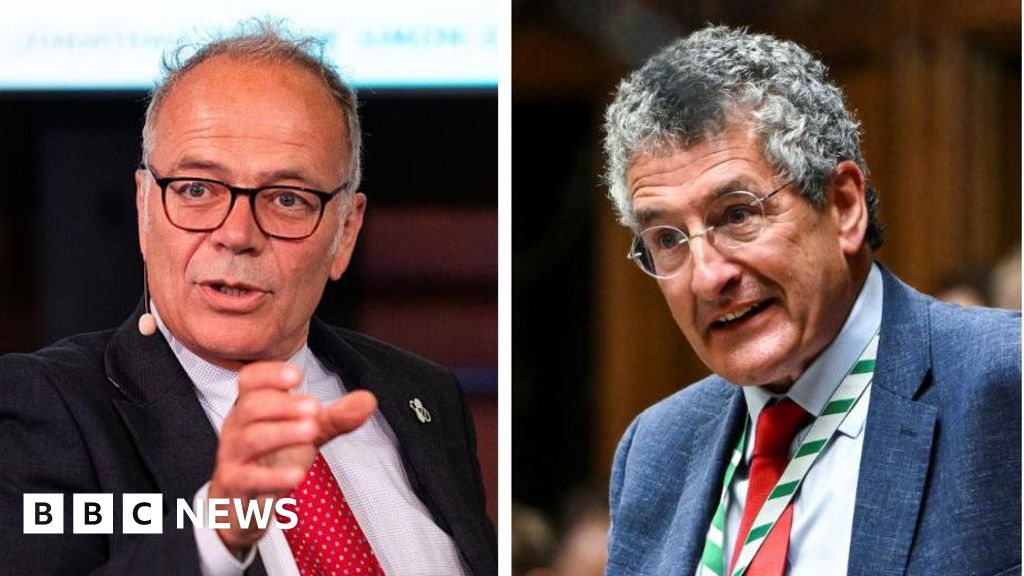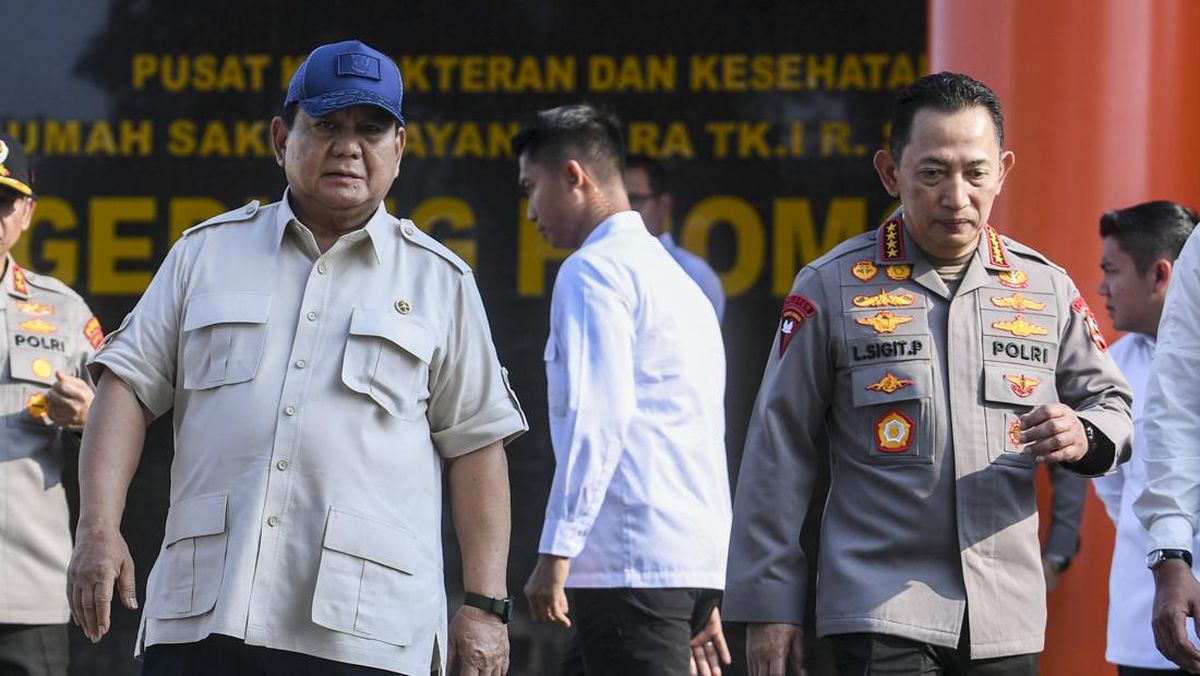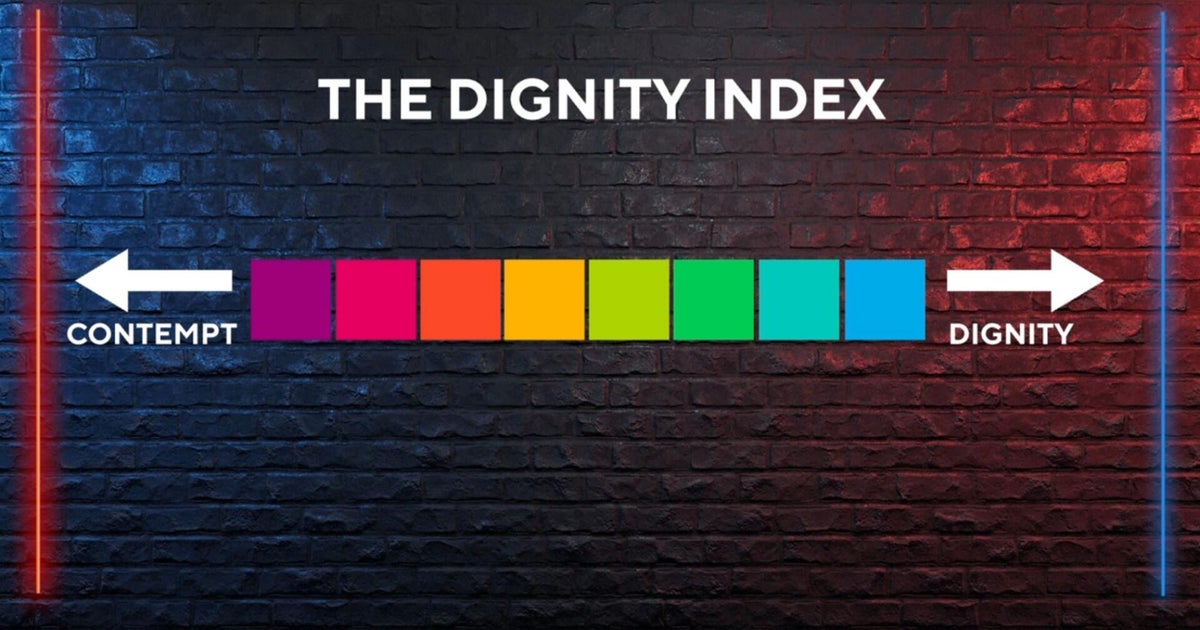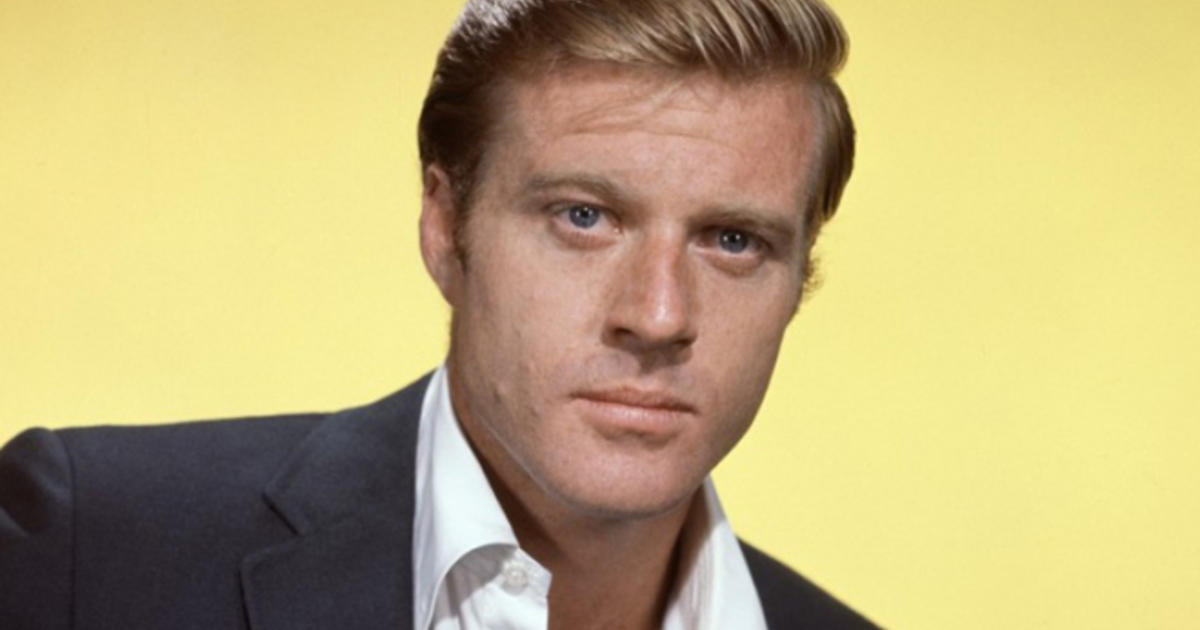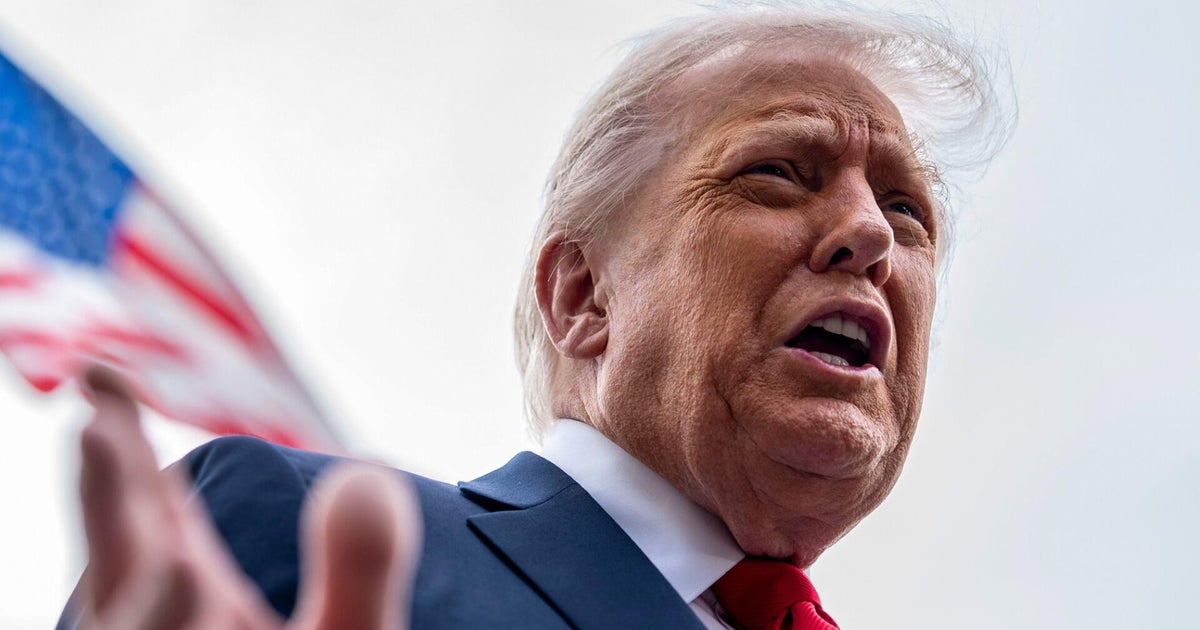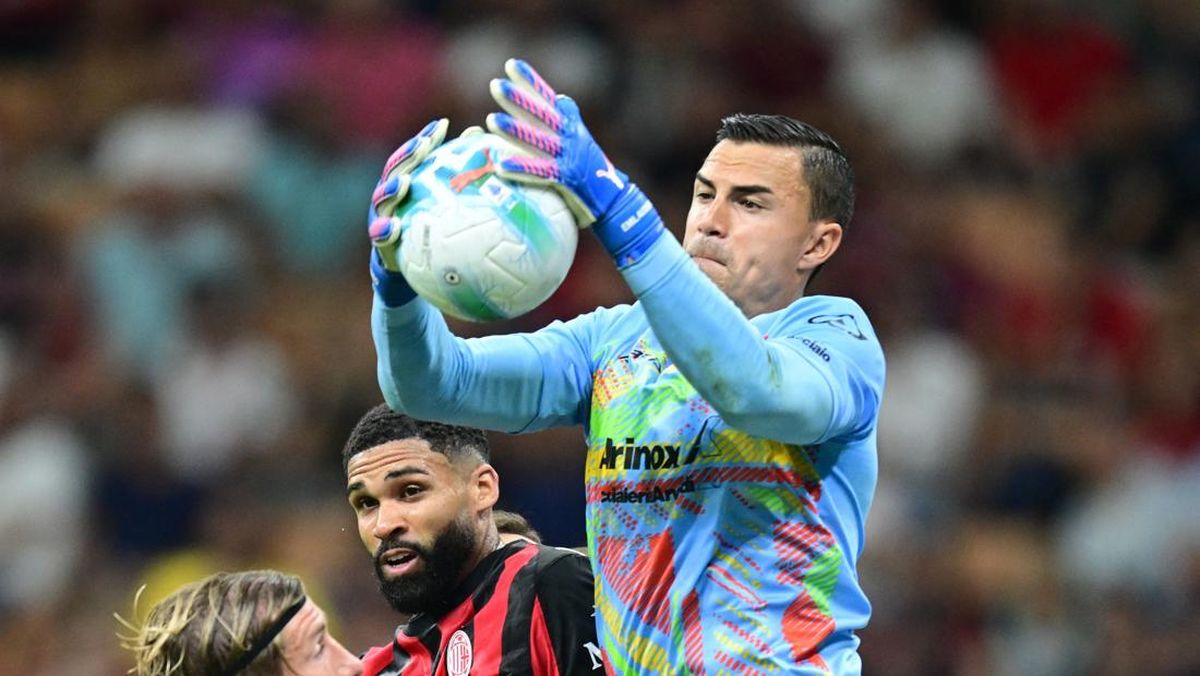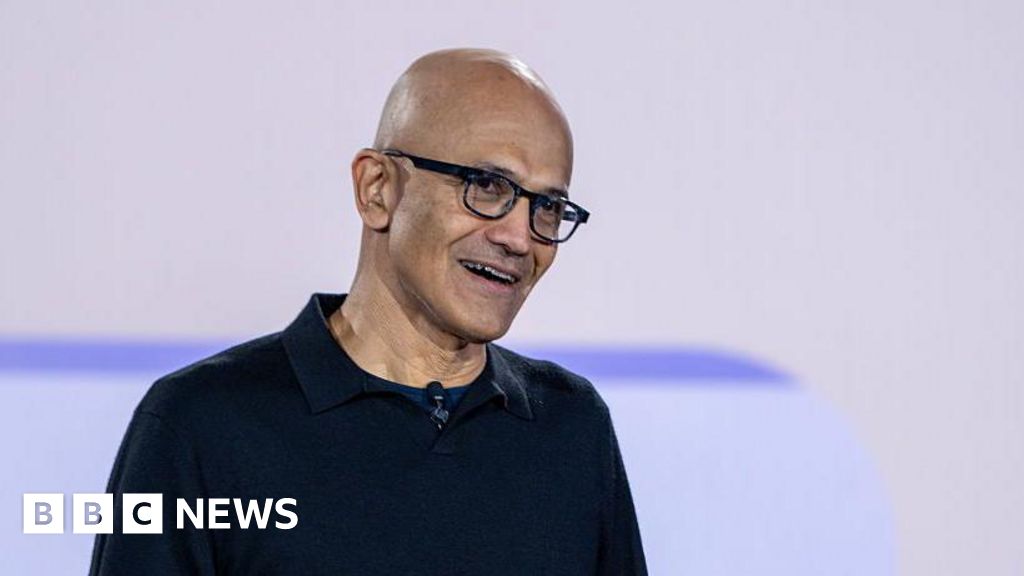The entire Exmouth Gulf will be transformed into a marine park, with at least 30 per cent proposed to be protected from fishing, in an historic decision aimed at safeguarding the “globally significant marine habitat”.
The historic announcement comes after years of work, and is the recommendation of a taskforce that consulted the community, businesses, traditional owners and conservation groups.

The Exmouth Gulf is an important habitat for humpback whales and other species. Credit: Alex Kydd
The state government will also top up the Healthy Oceans Fund to the tune of $5 million, to support research into the recovery and durability of the region’s coral reefs bleached in a summer heatwave.
Environment Minister Matthew Swinbourn said the Exmouth Gulf, spanning 2600 square kilometres, was an important habitat for humpback whales “on their summer sojourn up the coast”.
Other species including four different types of turtles, dugongs and sea snakes call the region home and Swinbourn said the region, and its biodiverse population, was under pressure.
Loading
“There has been a marine heat wave event that started at the end of last year and continued into this year, and we have seen coral bleaching on the Ningaloo Reef, which just sits on the outside of the cape,” he said.
“A marine park is not about exclusion.
“It’s about protecting what we love and protecting the values and the activities that we engage in, whilst making sure that what is here and what has been here for a long time is sustainable into the future.”
Australian Marine Conservation Society chief executive and director of Protect Ningaloo Paul Gamblin said the Exmouth Gulf was “a magnificent natural wonder, one of the greatest in Australia”.
“Seagrass meadows, mangrove forests, sponge gardens – it is of extraordinary biodiversity,” he said.
“It is Ningaloo’s nursery. It’s intricately connected with the Ningaloo Reef, yet, until this marine park announcement, it has been unprotected for far too long.
“The underwater heatwave that has caused so much damage to Ningaloo and the Gulf and all along the coast makes this even more urgent.
“The government’s commitment is the kind of approach that the community expects to protect nature … this is an example of Western Australia showing marine conservation leadership, and we applaud that.”
Gamblin said marine parks had an increasingly important role to play in an ocean that was “being depleted”.
Loading
“Marine parks provide the opportunity for nature to restore itself,” he said.
“This is a legacy. This is about future generations. This is about being respectful of the marine environment.
“It’s also about understanding that conservation is the underpinning of a healthy community and the underpinning of a healthy economy – there is no disparity between those things.”
WA Premier Roger Cook said that a carefully zoned and properly managed marine park would enable strong environmental, social and economic outcomes.
“It’s an outcome which will ensure that we can restore the coral outcrops here at on the Gulf and ensure that it’s here for the future for the people of Exmouth and here for the people of Western Australia,” he said.
The marine park will be jointly managed by the state government and the Nganhurra Thanardi Garrbu Aboriginal Corporation.
Back in 2021, the Environmental Protection Agency released a report concluding the gulf was under increasing pressure and recommended a “very high level of protection”.
WA Greens oceans spokeswoman Sophie McNeill said the marine park was a “massive win” after years of campaigning.
“We’ve seen parts of our coral coast, including our world heritage listed Ningaloo, suffer a 90 per cent death rate of coral,” she said.
Loading
“We urgently need to monitor and track the full impacts of this heatwave and it’s shameful that in a state as wealthy as ours, a lack of funding has prevented that from happening.
“This new funding is nowhere near enough but it’s a good start to build on.”
Get alerts on breaking news as it happens. Sign up for our Breaking News Alert.
Most Viewed in National
Loading

